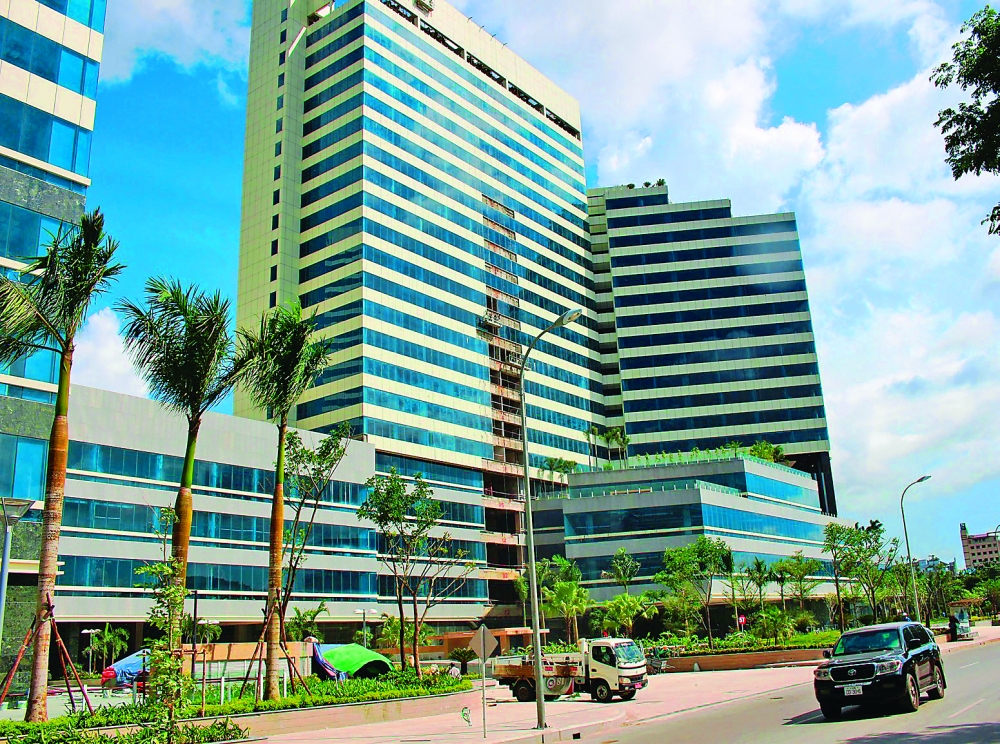
Data provided by state authorities show that overseas Vietnamese investment projects are concentrated mostly in ASEAN countries, namely Thailand, Laos, Cambodia and Myanmar.
In Thailand, Vietnam has invested nearly US$26 million, with major projects including those of the Hoang Anh Gia Lai Group, NAGATA Automotive Pacific Co., Ltd and Buffalo Tours Ltd. Vietnam ranks third among countries with investment projects in Laos, with major projects including Xekaman 1 and Xekamanxanxay hydropower plants. In Cambodia, Vietnam has 206 investment projects with total registered capital of more than US$3 billion, ranking among the top five foreign investors in Cambodia. Vietnam ranks seventh among countries and territories investing in Myanmar, with 70 projects totaling nearly US$2 billion in registered capital.
Economists believe seeking ways to the global market is indispensable for Vietnamese businesses, helping them expand international cooperation, seek new markets and strengthen their position.
In the opinion of economists, however, OFDI opportunities always pose challenges. Vo Tan Thanh, Vice President of the Vietnam Chamber of Commerce and Industry (VCCI), said the infrastructure in Laos, Cambodia and Myanmar, as well as transport linkages between Vietnam and these countries, remains poor. Another challenge for Vietnamese OFDI in these countries is the expansion of FDI by Mekong Sub-region member nations, especially China. Chinese FDI in Cambodia, for example, accounts for 32 percent of total FDI in this country, while FDI by ASEAN countries accounts for 25 percent. Chinese FDI accounts for 62 percent of total FDI in Laos, while ASEAN’s FDI accounts for a mere 21 percent.
Thomas Joseph Treutler, Managing Director of the law firm Tilleke & Gibbins’ Hanoi and Ho Chi Minh City offices, believes to increase investment in these countries, Vietnam needs to seriously implement regional economic cooperation agreements, improve the legal system and upgrade national infrastructure, as well as its connectivity with the regional infrastructure network. In his opinion, the Vietnamese government should apply appropriate policies to encourage domestic companies to invest overseas, while at the same time tightening supervision over the quality of overseas investment flows in order to prevent their adverse impacts.
For their part, domestic companies need to enhance their competitiveness through medium and long-term investment projects. They should study investment policies and policy changes in countries in which they invest, and tighten linkages among OFDI businesses.
In 2018, Vietnamese OFDI (registered capital of new projects and increases in the capital of ongoing projects) totaled US$432.1 million. In the first two months of 2019, domestic companies invested US$6.25 million abroad, mostly in wholesale, retail and repair of autos, motorcycles and motorized vehicles.
Source: Ven.vn